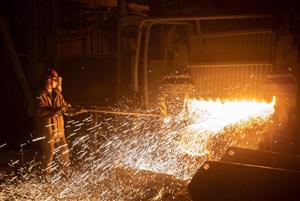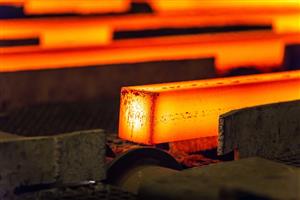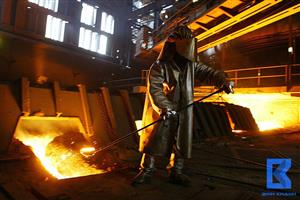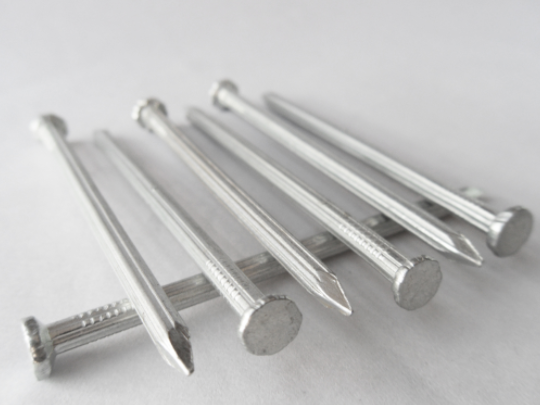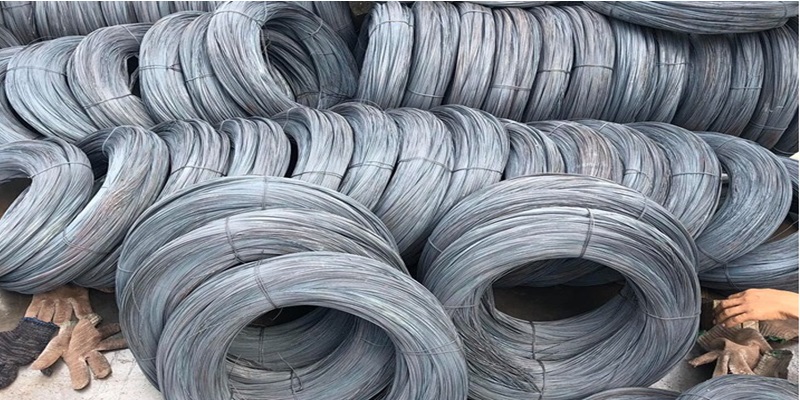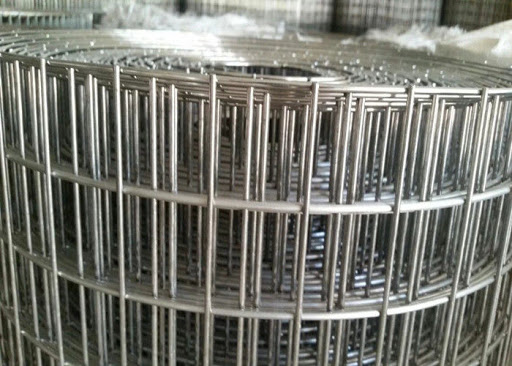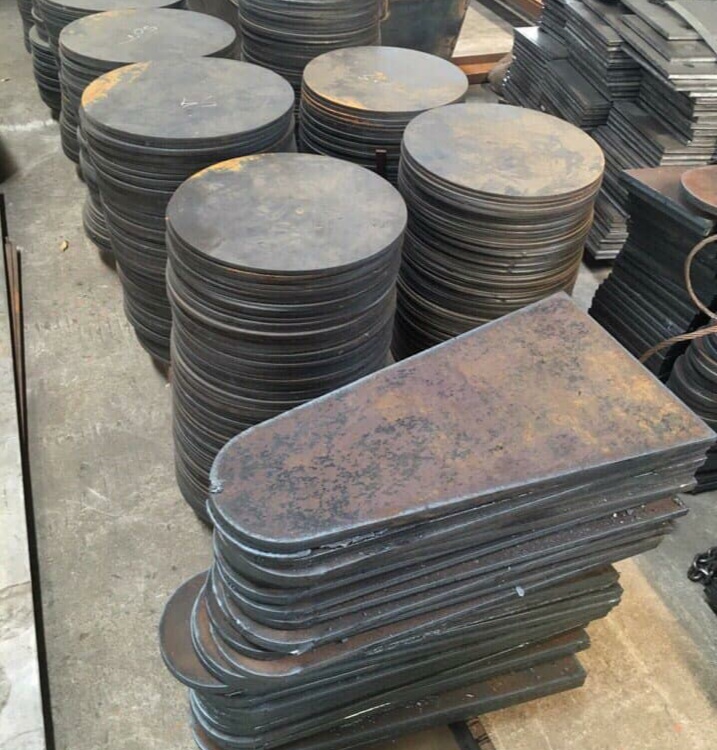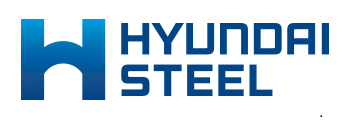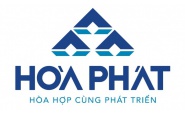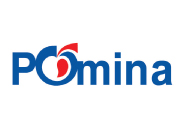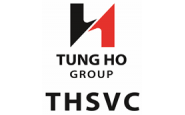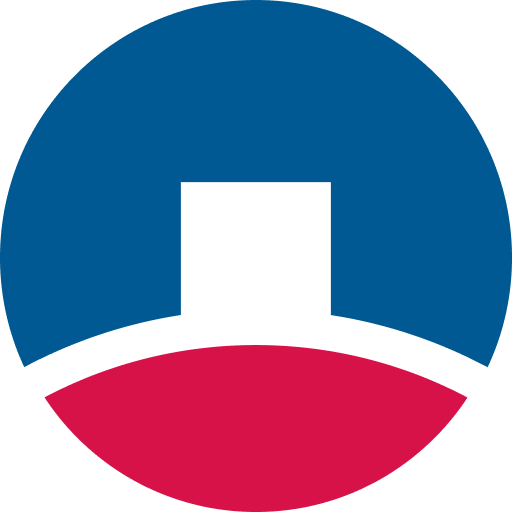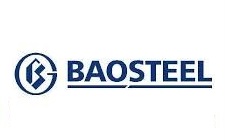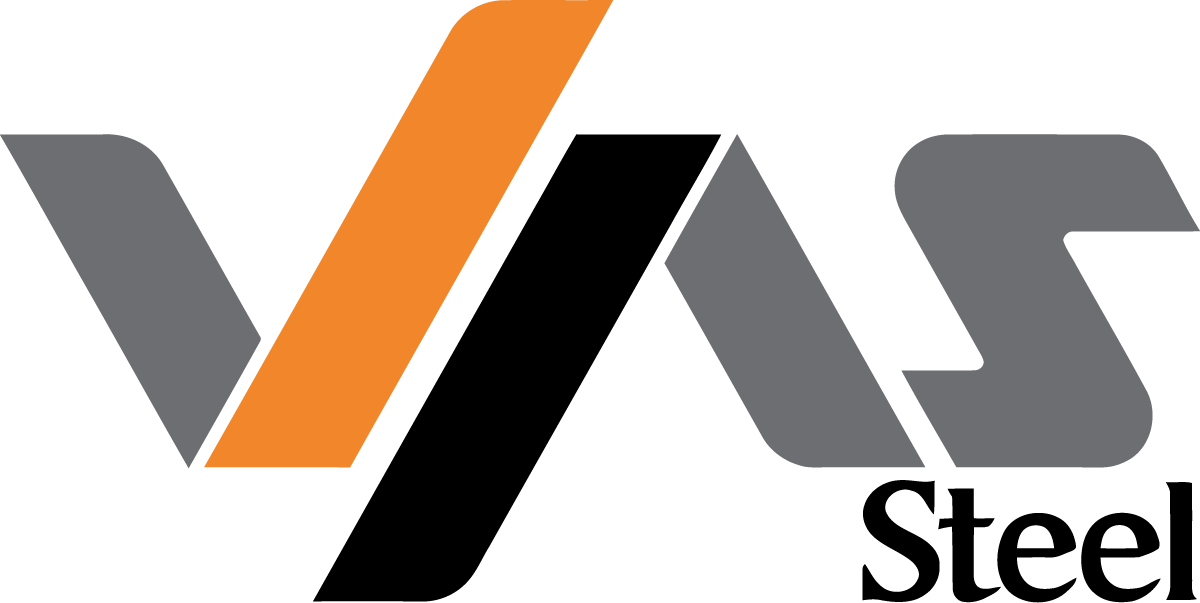Accordingly, steelmaking at factories with DRI technology, using hydrogen gas can reduce emissions by almost 100%, but the cost will be up to $425/ton higher than traditional steel production technology. .
China aims to reach peak CO2 emissions by 2030 and become CO2 neutral by 2060, reducing emissions intensity (emissions emitted per unit of economic output) by more than 65%.
This prompted China's largest steel mills to map out a more "green" production route. The evidence is that these plants are increasingly interested in developing more modern plants with low emissions, using hydrogen or natural gas. In addition, direct reduced iron (DRI) technology will also become more popular.
But the costs of reducing carbon are said to be enormous and challenging. Besides, the replacement of traditional blast furnaces, which are popular in China, with new technology steel furnaces is expected to take a long time.
According to calculations by S&P Global Commodity Insights, in the period 2021-2025, China's steel output produced by electric arc furnaces using DRI technology with very low carbon emissions can reach at least 8, 2 million tons/year. In which, Baosteel and Hebei Iron & Steel Group are the two pioneers for this trend.
Baosteel is a subsidiary of Baowu Group, the world's largest steel producer, while Hebei Iron & Steel ranks third.
However, hydrogen-powered DRI plants are still on a relatively smaller production scale.
According to Baosteel, the technology of using pure hydrogen at the DRI plant is still in the experimental stage in China. The company aims to increase the hydrogen utilization rate at the DRI plant to 80%-90% by 2030.
Currently both Baosteel and Hebei Iron & Steel are still using a combination of hydrogen, natural gas and coke oven gas.
Baosteel aims to reduce carbon emissions by 30% from 2020 levels by 2027, while Baowu is also setting a similar target by 2035.
Baosteel continues to push its carbon reduction target by planning to install a carbon-free car body production line from now until 2030 from raw materials to finished products using a kiln. photovoltaic using DRI technology.
However, experts say that in the short term Baosteel and its parent Baowu Group will still have to depend on CCUS (carbon capture, use and storage) technology to reduce emissions.
Currently, steel output from Baowu's blast furnaces accounts for 93.5% while electric arc furnaces account for only 6.5% of the proportion.
Not only Baowu, the proportion of steel produced by electric arc furnaces in China is still modest with only 200 million tons/year while the output from blast furnaces is up to 1 billion tons.
Applying new technology to reduce emissions will be very expensive
Carbon-free steel refers to the production of one tonne of steel that emits less than 0.5t of CO2, meaning that steelmaking in blast furnaces will need to cut its carbon emissions by more than 80% to meet the standards. standard carbon-free steel.
Currently, producing 1 ton of steel in a blast furnace will emit about 2 million tons of carbon, while an electric arc furnace using scrap steel as raw materials will emit 0.8 tons of carbon for 1 ton of finished steel. Products.
Biomass incinerators or furnaces using “clean” electricity (electricity with zero carbon emissions) and CCUS technology can reduce emissions in pig iron production by almost 80%.
Biomass incinerator is a technology to burn biogas (CO; H2; CH4, ..) created by pyrolysis reaction in anaerobic environment of biomass materials such as wood, rice husk, by-products agriculture,…
However, the cost of steel production will increase sharply if companies invest in technologies that help reduce emissions. Accordingly, steelmaking at factories with DRI technology, using hydrogen gas can reduce emissions by almost 100%, but the cost will be up to $425/ton higher than traditional steel production technology. .
For DRI plants using "clean" electricity combined with CCUS technology, CO2 can be reduced almost completely, but the cost is also 400 USD/ton higher than normal.
Some experts say that steelmaking technologies to cut CO2 are still in their infancy and cannot be replicated at least before 2030.
Controlling steel production is still the optimal solution
Upgrading China's manufacturing industry requires more high-quality steel products. This means that steelmaking becomes more complex, leading to more emissions.
Last year, China introduced measures to cut steel output, a short-term but effective solution to controlling emissions.
Cutting steel production will prevent the industry's carbon emissions from rising again, while promoting the development of high-grade steel products.
Meanwhile, China's urbanization has almost reached saturation and steel demand has declined. This could aid China's efforts to reduce steel output. Some experts expect China's crude steel output to fluctuate around 900 million tons/year - 1 billion tons/year for the next few years, before output starts to decline.
Before any carbon-reduction technology reaches the scale and cheaper cost, controlling China's steel production may be the only effective way to curb carbon emissions.
Vietnambiz
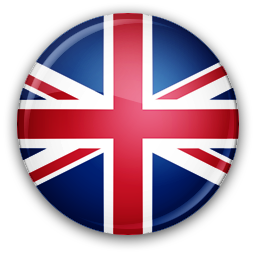 English
English  Vietnamese
Vietnamese
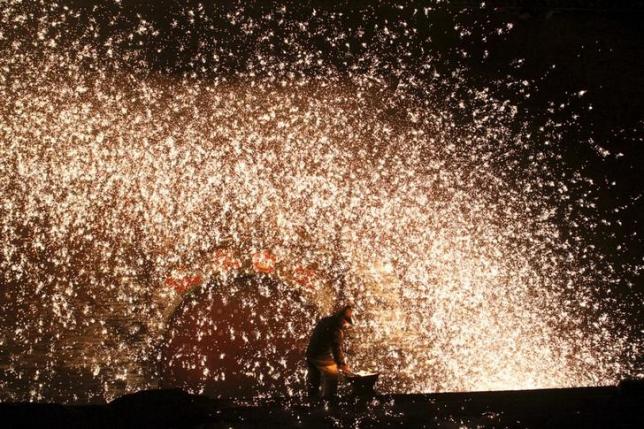


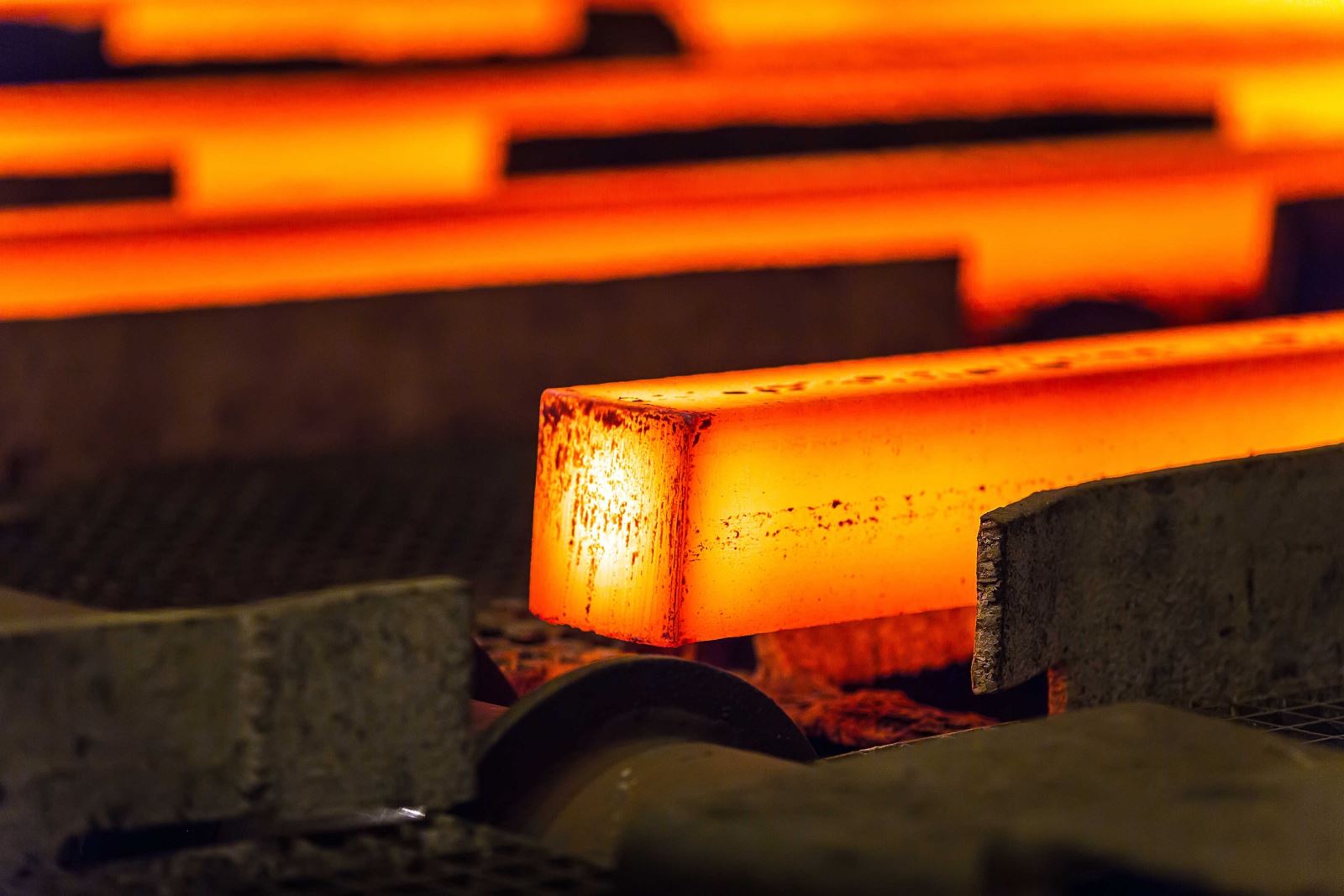
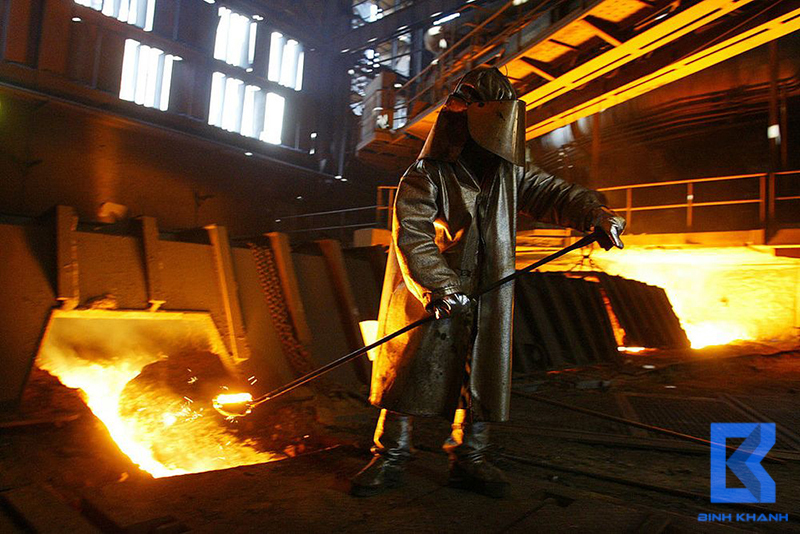
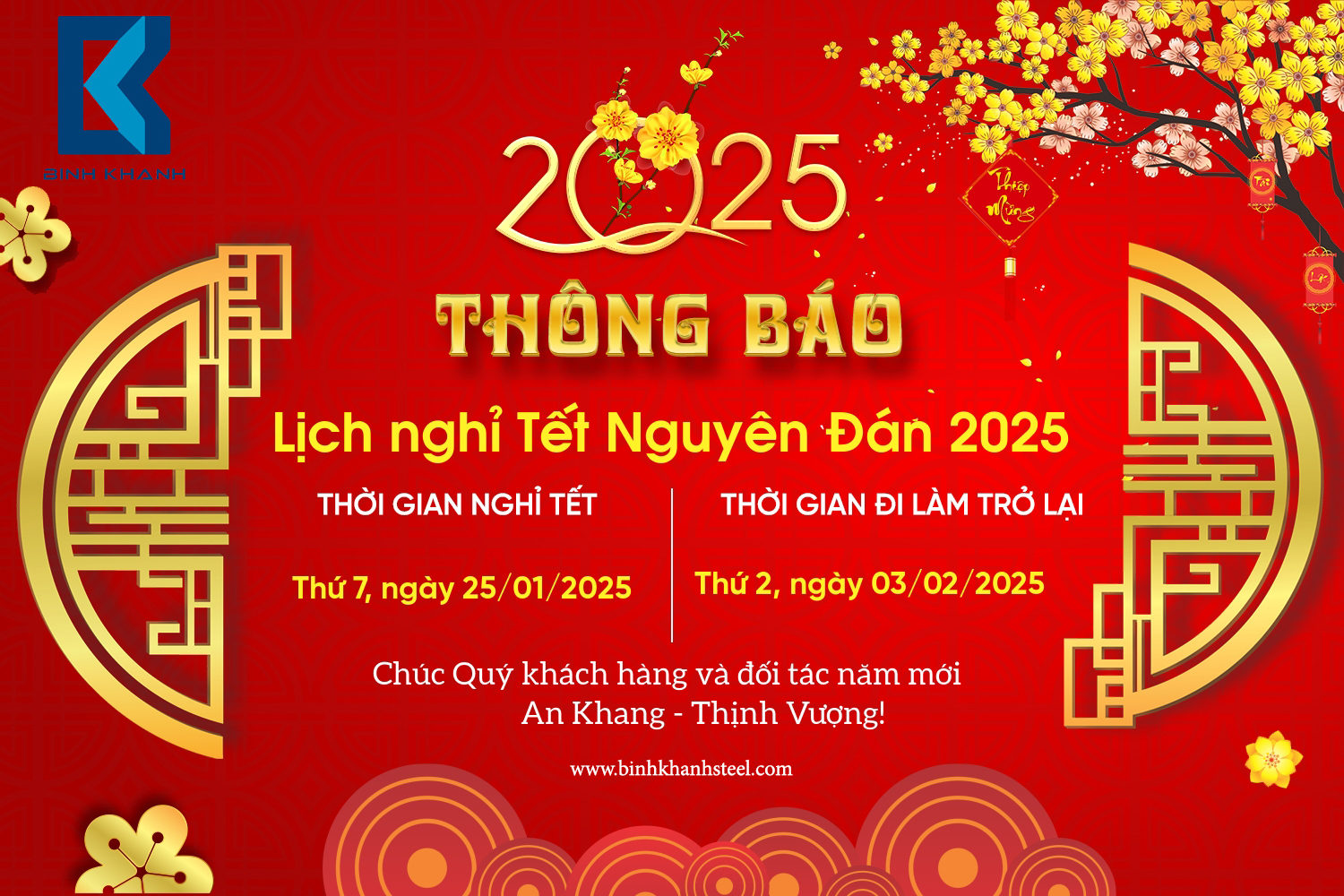
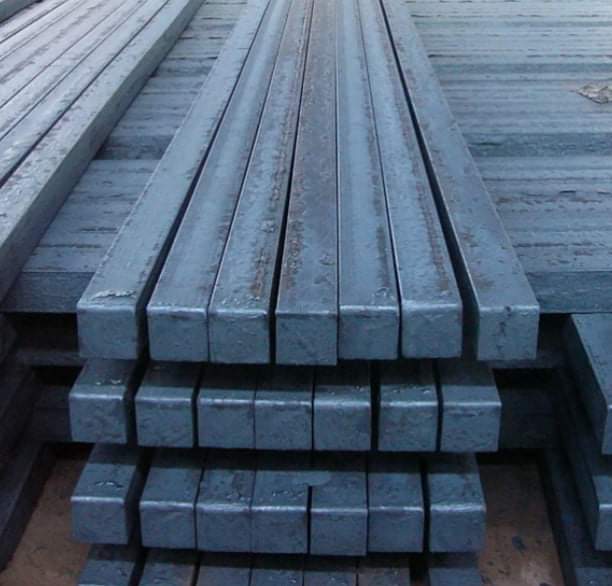
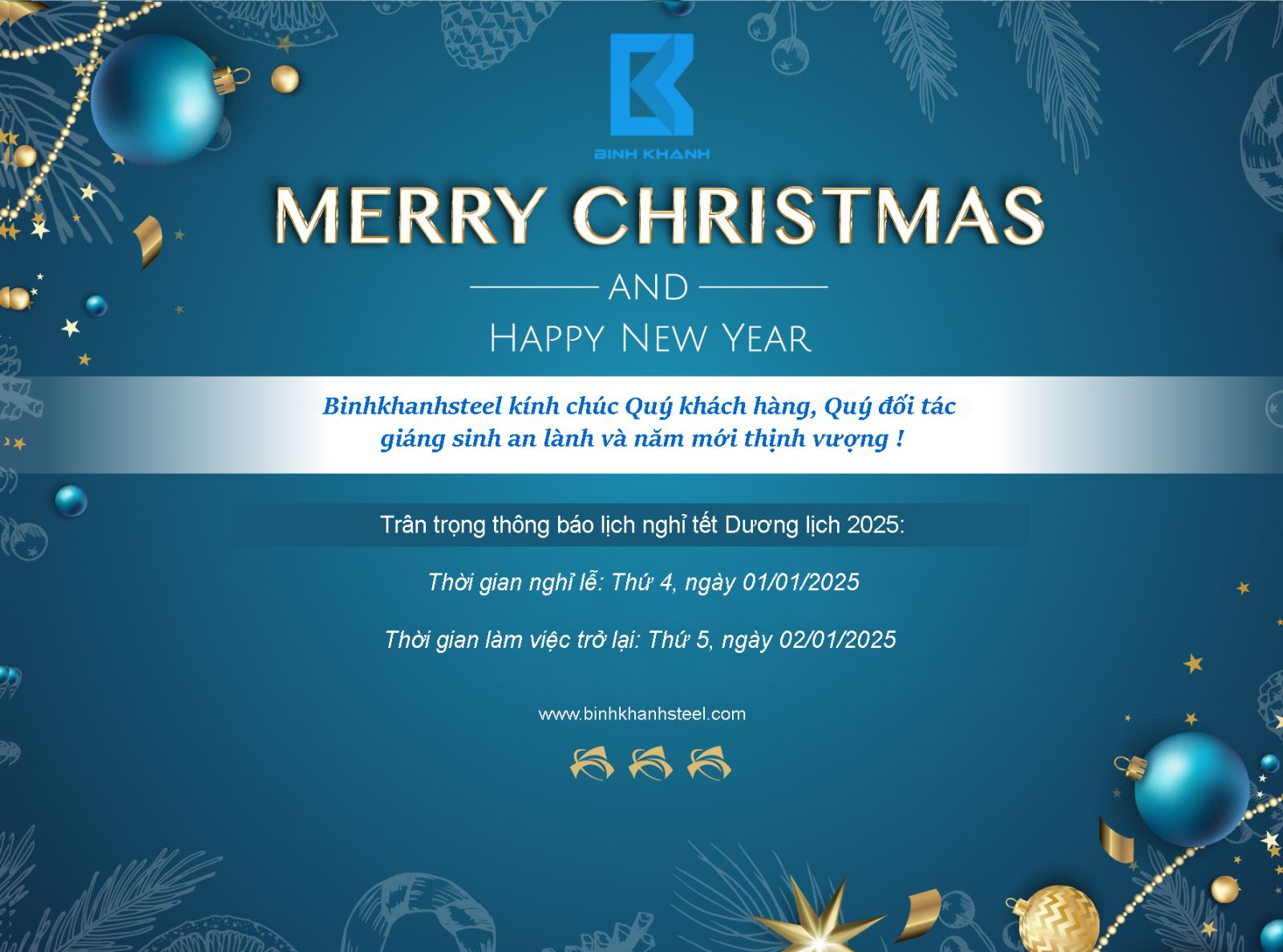
w300.jpg)
